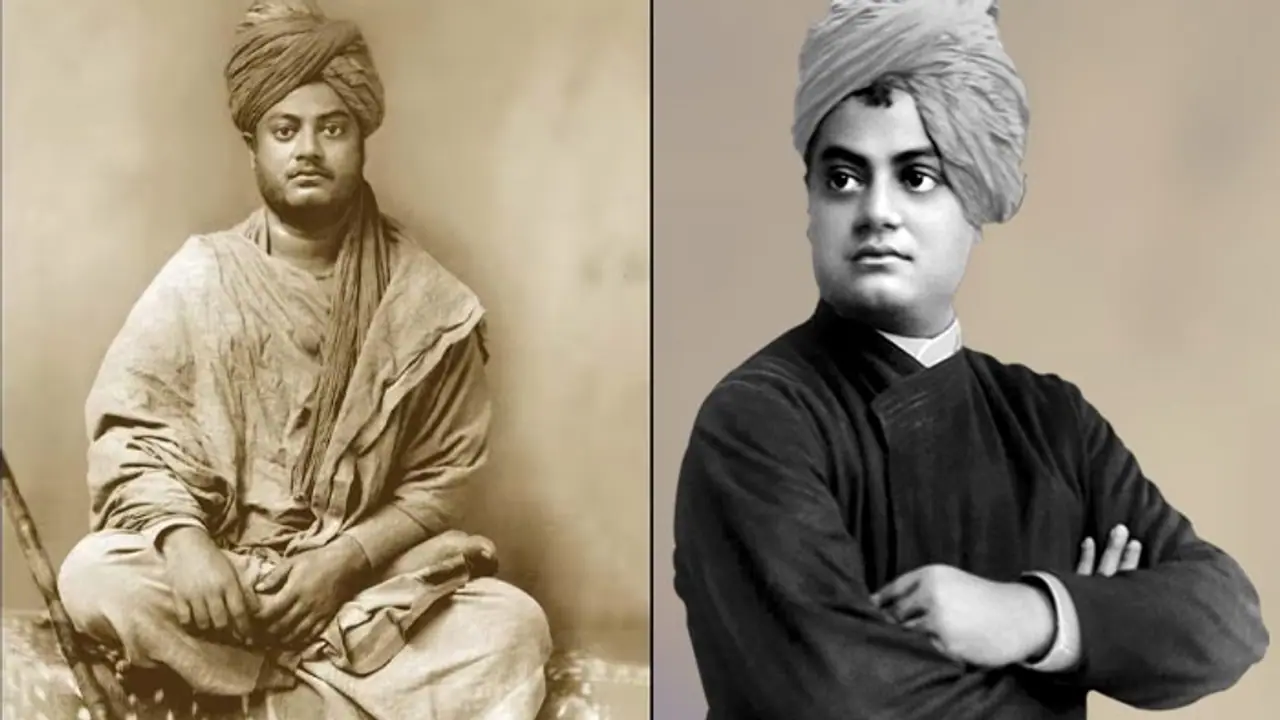The celebration of National Youth Day aims to inspire and encourage the youth of the country, promoting the ideals of fearlessness, education, and selfless service as exemplified by Swami Vivekananda.
National Youth Day is celebrated in India on January 12th every year. The day commemorates the birth anniversary of Swami Vivekananda, one of India's most influential spiritual leaders and thinkers. Swami Vivekananda was born on January 12, 1863. The day is an opportunity to reflect on the teachings of Swami Vivekananda, who played a key role in introducing the Indian philosophies of Vedanta and Yoga to the Western world.

National Youth Day Significance:
The Indian government originally proclaimed January 12th, Swami Vivekananda's birthday, to be National Youth Day in 1984. Ever since, the nation has observed the day as National Youth Day. The government's primary goal is to improve the nation's future by inspiring young people with the ideals and lifestyle of Swami Vivekananda. It is an ideal way to promote national development and awaken the youth's boundless vitality.
Who was Swami Vivekananda?
Swami Vivekananda (1863–1902) was a renowned Hindu monk and a key figure in introducing Indian philosophies of Vedanta and Yoga to the Western world. He played a crucial role in the revival of Hinduism and the spread of Vedanta and Yoga in the late 19th century. Swami Vivekananda was born as Narendranath Datta on January 12, 1863, in Kolkata (then Calcutta), India. His parents were Vishwanath Datta and Bhuvaneshwari Devi. Narendranath showed an inclination towards spirituality and philosophical discussions from a young age.
Vivekananda became a disciple of the mystic saint Ramakrishna Paramahansa in 1881. Under Ramakrishna's guidance, he underwent spiritual training and explored various paths of religion and philosophy.
Swami Vivekananda gained international recognition when he represented Hinduism at the World's Parliament of Religions in Chicago in 1893. His opening words, "Sisters and brothers of America," received a standing ovation and introduced the world to the principles of Hinduism.
After the passing of Ramakrishna, Vivekananda founded the Ramakrishna Mission in 1897. The mission's objectives include the upliftment of society, service to humanity, and the propagation of Vedanta. His teachings revolved around the concept of the divinity of the soul and the oneness of all religions, emphasizing the idea that each individual should strive to realize their potential.
Swami Vivekananda's writings include "Karma Yoga," "Bhakti Yoga," "Raja Yoga," and "Jnana Yoga," which are compilations of his speeches and lectures on different aspects of spiritual life and philosophy.
